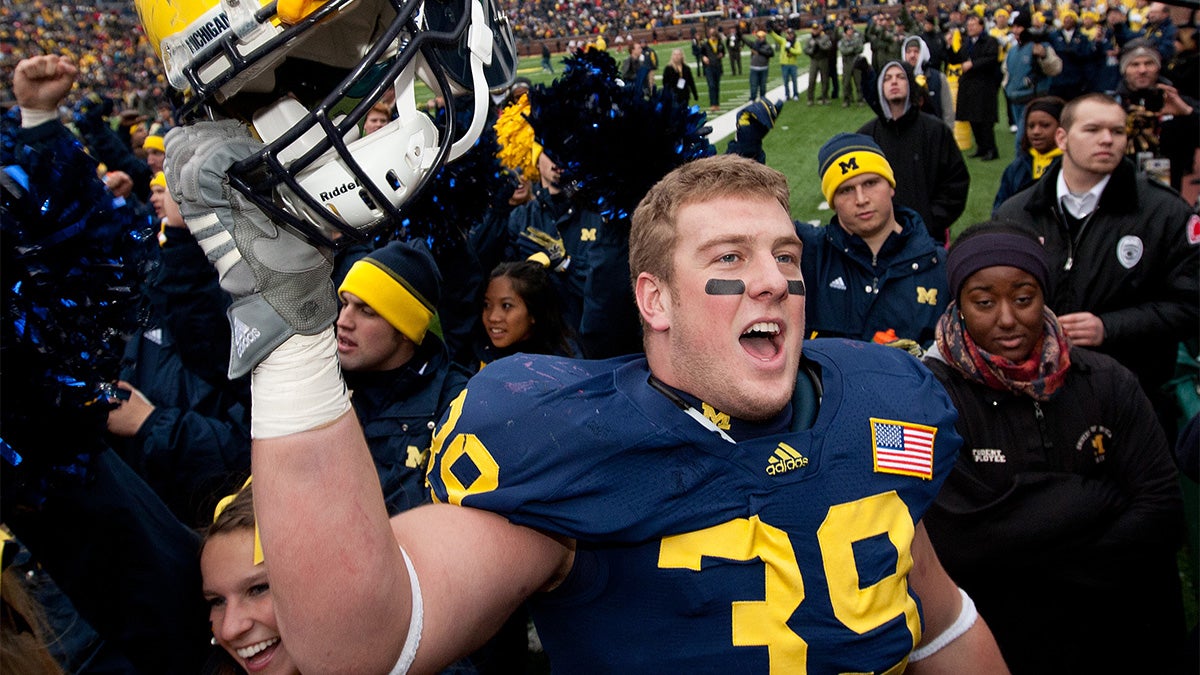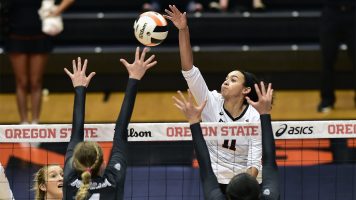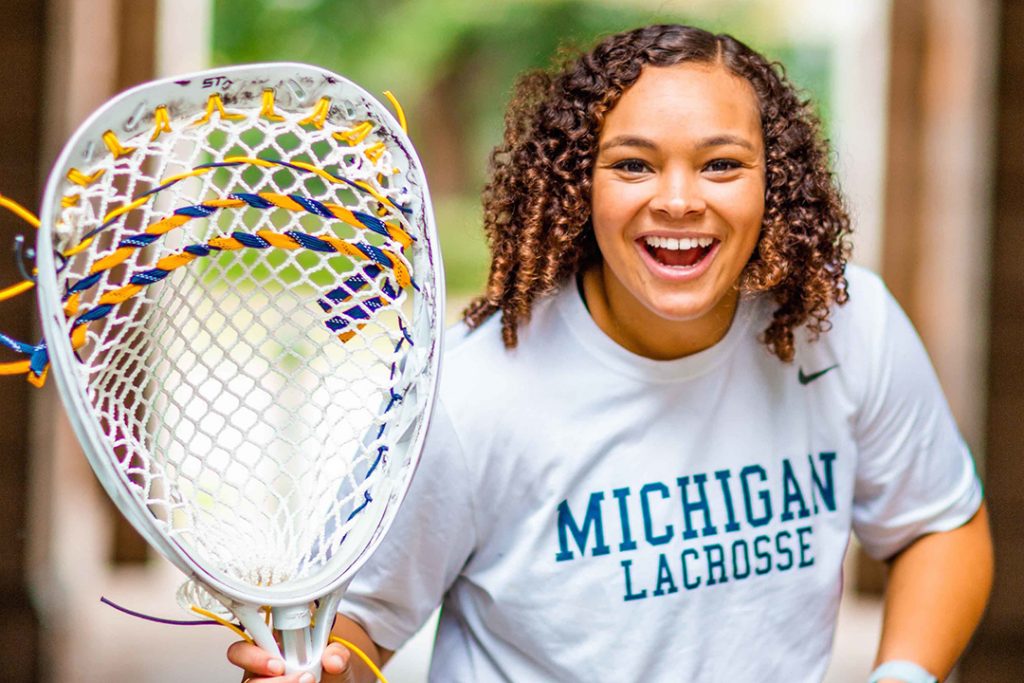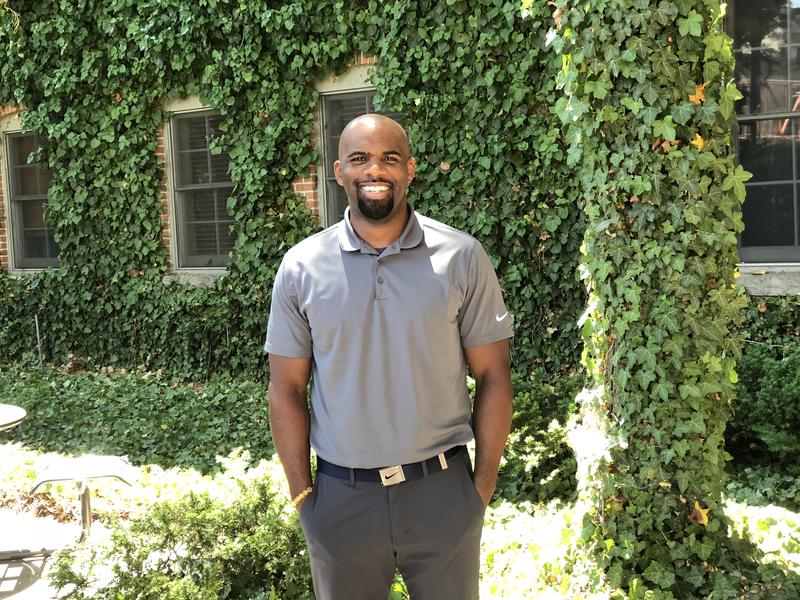Athletes Connected was prominently featured in a story by Global Sport Matters about current and former student-athletes bringing mental illness to the forefront of college athletics. AC’s Will Heininger is quoted in the story.

By Jeff Burtka
In August 2008, Will Heininger’s life was spiraling out of control. He was not eating or sleeping, and he felt hopeless. His parents were going through a divorce, and he was juggling the demands of being a defensive end for the University of Michigan football team, including trying to impress a new coaching staff. When the team huddled at the end of practice, the depression and anxiety festering inside him burst the emotional dam he had built.
As student-athletes open up about mental health challenges, more university athletic departments add supportive resources for total health and well being.
“I felt the tears coming on. I didn’t care anymore. I felt so low,” Heininger said. “I didn’t have the energy to hold it back because I had been hiding it from everybody for so long every day.”
Luckily for Heininger, athletic trainer Lenny Navitskis had mental health training and awareness, and he walked Heininger to athletic counselor Barb Hansen’s office, where Heininger’s healing began.
“It made me a better player because, first of all, I learned how to have a fit mind as well as a fit body. I literally was performing at a higher level than I ever had once I got healthy.” — Will Heininger
Despite his fear that his coaches and teammates would think he was weak, they supported him.
“They were looking at it differently than I was,” Heininger said. “I was looking at it like something is wrong with me, like I am defective. And they were looking at it like you’re coming back from a medical issue.”
Heininger was diagnosed with major depression and anxiety. He worked with a therapist and physician to find the right combination of medication and therapy.
“It made me a better player because, first of all, I learned how to have a fit mind as well as a fit body,” he said. “I literally was performing at a higher level than I ever had once I got healthy.”
Erin Rubenking, associate director and clinical care coordinator for the University of Colorado athletic department’s Psychological Health and Performance program, said anxiety and disorders of depression are two common issues she sees with athletes, but at rates consistent with the general public. However, the athletic population does have higher rates of binge drinking, substance-abuse disorders and eating disorders or disordered eating, she said.
“There are factors that can contribute to it for athletes that non-athletes don’t necessarily experience,” Rubenking said. “When I think about anxiety, their schedules are so packed, expectations put on them, and there is a lot of pressure. That can often prompt the development of some of these mental health issues.”
Rubenking warns against assuming these outside pressures are the only factors that cause mental health disorders in athletes. For example, she said, “Is it people that have a certain personality type that are drawn to sports, but it also predisposes them to addiction? Or is it something within athletics?”
Read the rest of the story on GlobalSportMatters.com.






 By Cody Stavenhagen
By Cody Stavenhagen